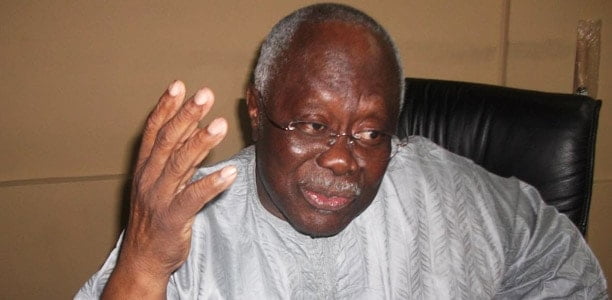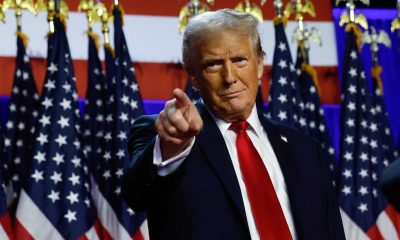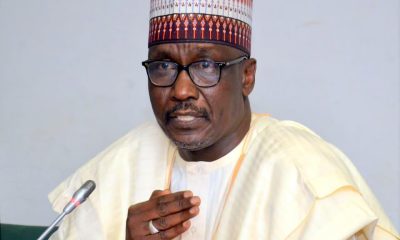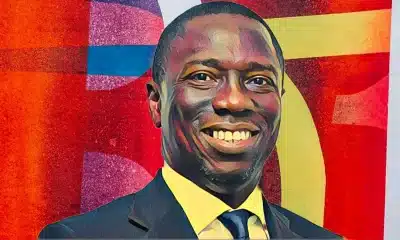Nigeria News
2023: INEC Explains How A President Will Emerge If There Is Tie Between Candidates During Election
![Official Presidential Election Result From 13 Kano LGAs - [See Who Is Leading]](https://www.naijanews.com/wp-content/uploads/2022/06/atiku-kwankwaso-Peter-obi-tinubu.jpg)
The Independent National Electoral Commission (INEC) has explained that a run-off election will be conducted to produce an outright winner should there be a tie during the 2023 presidential election.
INEC explained that the second election will be between the person with the highest votes and the person with the spread, but not necessarily the second highest votes scored.
The INEC national commissioner and chairman, Information and Voter Education Committee of INEC, Festus Okoye explained this in Lagos on Monday during the two-day media capacity-building workshop on the commission’s progresses, innovations, preparations for the 2023 general elections and critical issues in the Electoral Act 2022.
Okoye said for whoever would emerge as the next president of Nigeria, such a person must score the highest number of votes and the required two-thirds spread in the 36 States of the federation as contained in the Electoral Act 2022 and the 1999 Constitution (as amended).
He said, “By section 134 of the Constitution where there are more than two presidential candidates, for a presidential candidate to be declared duly elected, he must secure the highest number of votes cast at the election; and not less than a quarter of the votes cast at the election in each of at least two-thirds of all the States in the Federation and the Federal Capital Territory.
Only Two Candidates Will Participate In Second Election
The INEC spokesperson added that not all the candidates and political parties in the first election will participate in the second election.
He said only two, that is the one with the highest votes and the one with the widest spread will take part in the run-off election to determine the eventual winner.
He continued, “The second is the one amongst the remaining candidates who have a majority of votes in the highest number of States, so however that where there is more than one candidate with a majority of the votes in the highest number of States, the candidate amongst them with the highest total votes cast at the election shall be the second candidate for election.”
What Happens In A Governorship Election
Speaking further, Okoye explained that a governorship candidate must also score the highest number of votes and the required spread in the local governments of the state to be declared the winner of the election.
He said: “In a governorship contest, the candidate must secure the highest number of votes cast and quarters of the votes cast in two-thirds of all the Local Government Areas of the State.
“In the event of a candidate not securing this threshold, the Commission must conduct a second election. Not all the 18 registered political parties sponsoring candidates will participate in this second election.”
Smart Card Readers, BVAS Will Be Deployed
Speaking on other modalities to ensure the success of the 2023 polls, Okoye said technology will be deployed. Particularly, he noted that the commission will deploy the Smart Card Readers/Bimodal Voter Accreditation System (BVAS).
According to him, “It must be appreciated from the outset that Smart Card Reader Machine or simply Card Reader (SCRM for short), is an innovation in our Electoral Process. It was not known, or rather, it was never put into practice before in our political development.
“From my general reading and my comprehension of the literature surrounding the Smart Card Reader Machine, it appears to me and, put in a concise form, that the Smart Card Reader Machine is a technological device set up to authenticate and verify, on election day a permanent voter’s card (PVC) issued by INEC.
“Smart Card Reader Machine is designed to read information contained in the embedded chip of the Permanent Voter’s Card (PVC) issued by INEC to verify the authenticity of the PVC and also carry out a verification of the intending voter by matching the biometrics contained from the voter on the spot with the ones stored on the PVC.
“INEC’s motive, which became public in introducing the technologically-based device, barring any technical mishap, breakdown or malfunction, was to ensure a credible, transparent, free and fair election for the country.”











